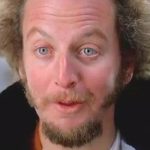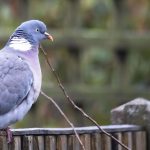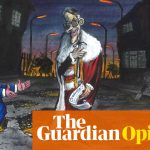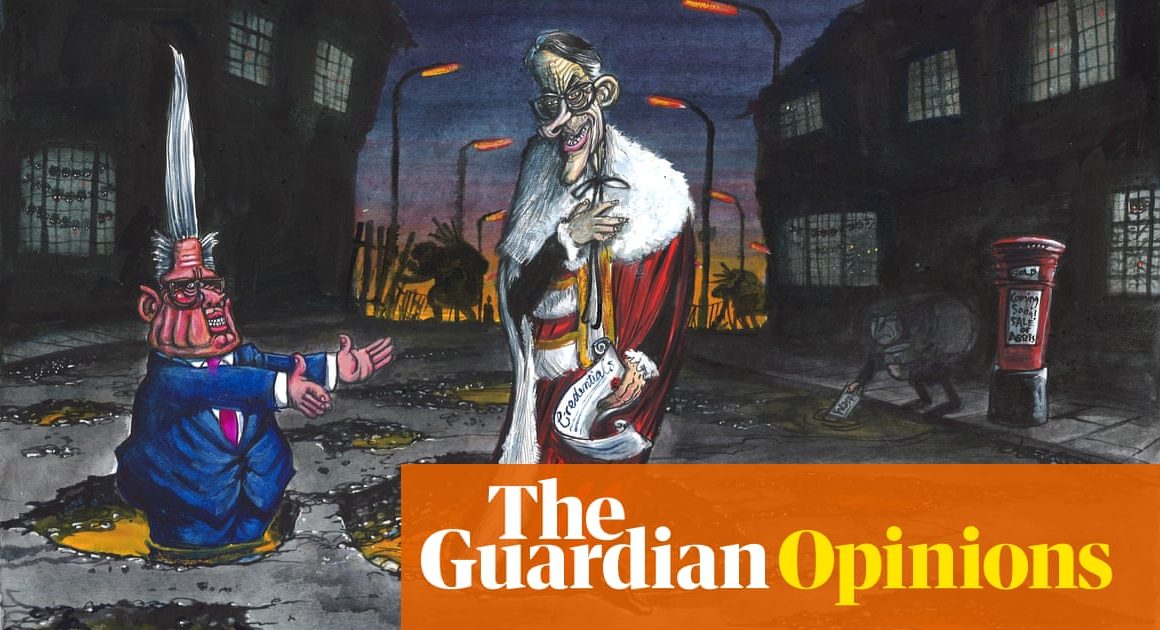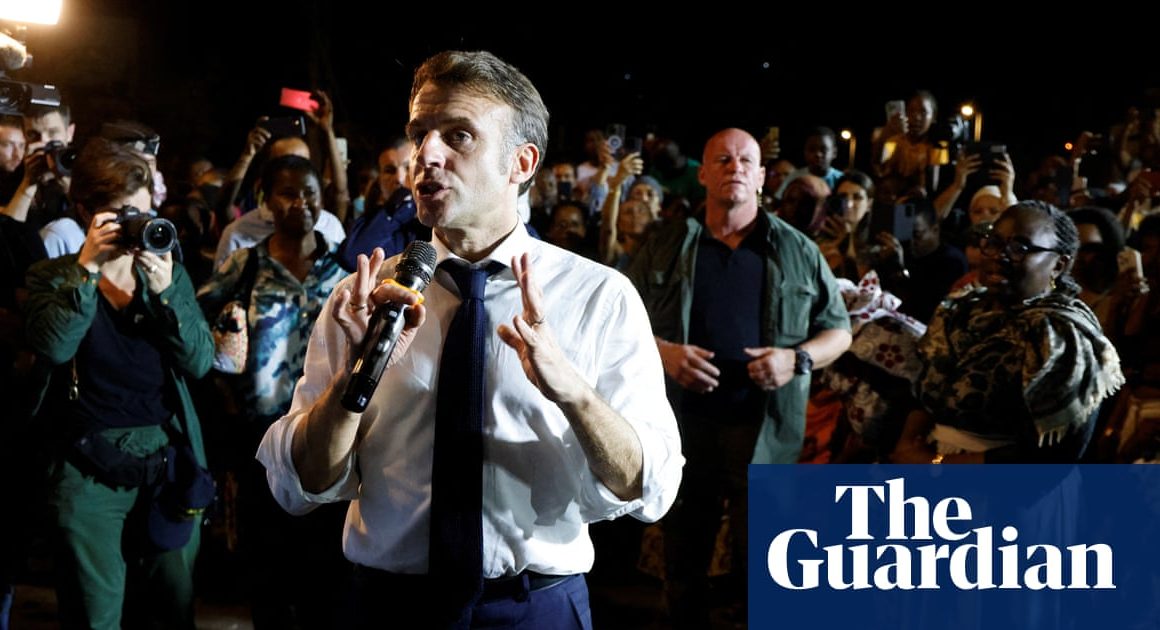The mother of a boy stabbed to death alongside his best friend in a case of mistaken identity in Bristol has said the teenage killers have “taken my heart”. She called for extra education in schools about knives and for families to do more to keep tabs on their children.
Leanne Ekland, the mother of Max Dixon, 16, who was murdered in Bristol in January, described how she thought her son was tucked up in bed when the stabbing happened and dashed to his side as he lay fatally wounded on the street.
She said: “It was such a panic. I was sat down on the floor, and the paramedics were cutting his clothes, and I just kept thinking: ‘He’s going to be so annoyed with you because you’re cutting his coat off.’ It was his Christmas coat. I just needed to make sure Max knew I was there with him. He knew I was there.”
Of the killers, Ekland said: “They’ve taken my heart. Everyone says it will get better. But I don’t think it will and I don’t want to move on. He completed our family. He was the glue. I think they [the killers] need to understand that they destroyed me.”
Max was killed with his friend 15-year-old Mason Rist after being chased and stabbed by four teenagers in Knowle West. The two boys had been wrongly identified as being responsible for bricks being thrown at a house in a rival area, Hartcliffe. Their attackers were armed with machetes and a sword.
On Thursday their attackers – Riley Tolliver, 18, Kodishai Wescott, 17, and two boys of 15 and 16 who cannot be named because of their age – were sentenced at Bristol crown court. A getaway driver, 45-year-old Antony Snook, was jailed for life and ordered to serve a minimum of 38 years last month.
Wescott was detained for life with a minimum term of 23 years and 44 days, while Tolliver received a minimum term of 23 years and 47 days. The 15- and 16-year-old boys were jailed for life with minimum terms of 15 and 18 years respectively.
Ekland said Max was a fun-loving boy with three older sisters, good at school and popular, adding: “When he was younger he always wanted to be a firefighter.” Max and Mason had known each other since nursery school. “They had a real special bond. They brought the best out of each other.”
On the night of the stabbing, Ekland thought Max was in safe in their house but he and Mason had gone out for food.
She said: “A car pulled up outside my house, and [there] was shouting up at my windows that Max has been stabbed. I said: ‘No, he’s in bed,’ and the realisation hit me. I asked the boys to take me down to where Max was.”
Ekland often thinks about how Max and Mason would have felt. “They must have been petrified. They wouldn’t have had a clue what was going on.
“I don’t understand gang culture. That night, they didn’t even give those two boys a chance to fight back, they didn’t even give them a chance to say, ‘We had nothing to do with it.’”
Ekland said more education about knife crime was needed. “They need to explain the aftermath of using a knife and the ripple effect it causes. I think it starts at home with the parents, because I think there’s a lot of parents out there that don’t know what their children are getting up to.”
In September, the UK government banned zombie-style knives and machetes. Ekland said this was a start. “I’m hoping things will change. I hope youngsters will realise that you can’t just go out and carry a knife. If you get caught with a knife, you should have consequences.”
She said she did not want to think about the killers. “I try not to think about them because it takes away my love for Max … He didn’t just die, he was brutally murdered and there’s no reason for him to have been.
“I still have a plate and a cup in Max’s bedroom which I will not take out because that’s what he used that night. Everything which belongs to Max is precious and I won’t get rid of that.”

